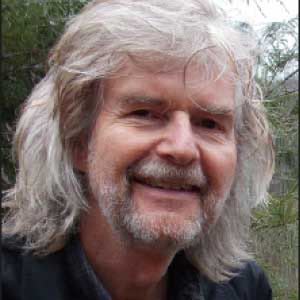
A workshop at the Outreach and Advocacy Conference on “Re-making Settler/Indigenous Relations” heard first-hand what the treatment of First Nations in Canada has meant in human terms, as well as strategies for action.
The Rev. Maggie Dieter, who led the workshop, is a United Church minister and a member of the Peepeekisis First Nation in Saskatchewan. She recounted how, without the Indian Agent’s approval, her grandparents couldn’t leave their reserve without a pass, or sell a cow. Her father’s brother was neglected in a residential school and never returned home.
Intergenerational trauma remains strong among Indigenous communities. Ms. Dieter mentioned the discovery of Indigenous children’s unmarked graves at residential school sites, which has triggered painful memories. Equally upsetting, she explained, has been seeing how these discoveries surprised so many Canadians, when they’ve had many opportunities to learn about residential schools. “It was shocking to see Canadians’ shocked responses. That wrongdoing is part of our DNA. It affects all of us,” said Ms. Dieter. “We have to acknowledge our feelings, our heartbreak and anger. Let’s also allow our feelings to move us. What is that anger calling you to do?”
She recalled the words of Justice Murray Sinclair, chair of the Truth and Reconciliation Commission (TRC): “Achieving reconciliation is like climbing a mountain – we must proceed a step at a time. … We cannot allow ourselves to be daunted by the task, because our goal is just and it is also necessary.”
Ms. Dieter noted that faith communities like the Anglican Church have issued powerful words of apology. They also have a “pathway to the mountain” in the form of the TRC’s calls to action and opportunities to engage with local leaders. Cheryl Marek, a participant from Oshawa, encouraged fellow participants to take advantage of resources from the national church, such as the reconciliation toolkit, the Sacred Teachings podcast series by the late Ginny Doctor, and PWRDF’s interactive “Mapping the Ground We Stand On” workshop.
“Indigenous people are not looking for a handout,” said Ms. Dieter. “What they are seeking is nation building. How might what you heard today affect future dialogues? How might you act differently? Are we up for the challenge?”



Many seafarers stranded during pandemic